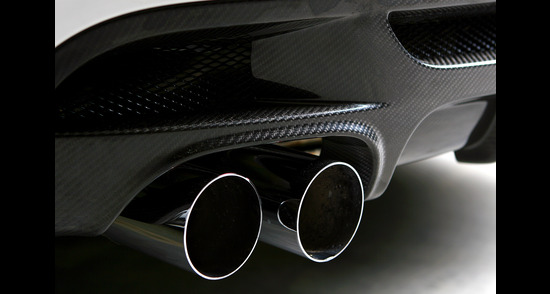What’s that smell coming from my car?
Must be the engine right?
Probably wrong!
Cars are complex machines made of various components and there can be more than one reason for the bad smell coming from your car.
Today, we are listing the common smells that indicate different problems for your car so that you know exactly what you should do the next time you sniff out a bad smell.
4 Common Bad Smells from Car that Indicate Trouble
-
General Burning Smell:

Car engines are typically built to operate at high temperatures. The burning smell occurs when the car overheats or when the oil becomes clogged. This could indicate that your engine is running low on oil or that it is overheating. Even a lack of transmission fluid can result in gear overheating. Emissions of any smell shouldn’t ever occur. If it does happen, it means the car needs to be serviced right away.
-
Exhaust Smell:

Exhaust fumes inside the cabin are one car odor that you should never ignore. The most frequent causes of exhaust fumes in a car’s interior are exhaust system leaks and inadequate window or door seals.
This car smell is hazardous because breathing exhaust fumes in a small area like your car can be fatal to both people and animals. Take your car to a mechanic right away to have the underlying problem identified and fixed if you notice an exhaust odor while you’re driving.
-
Burning Paper

You shouldn’t dismiss the smell of burning paper. More often than necessary, drivers have a heavy foot on the clutch. If done while shifting gears, this could be damaging to the car. Such errors while driving can severely damage the clutch facing. When the clutch is worn out, it will cause friction and release a burning smell, signaling that it needs to be repaired as soon as possible.
-
Burning Carpet
A brake pad that has been overused will smell like burnt carpet. The brake pads may lose their effectiveness after frequent use over an extended period of time. Driving requires the use of brakes, so any problems with the brakes should not be disregarded. Professionals should address this situation right away and fix it as soon as possible.
FAQs:
How to remove smell from car?
The best way to remove a bad smell from your car depends on the source of the odor. You may need to replace the air filter, clean the upholstery or carpets, or have the exhaust system repaired. You can also use air fresheners or odor neutralizers to mask the odor.
How do I get rid of rotten smell in my car?
To get rid of a rotten smell in your car, you should first identify the source of the odor. It could be caused by mold or mildew growth, a leak in the exhaust system, or a problem with the catalytic converter. Depending on the source of the odor, you may need to replace the air filter, clean the upholstery or carpets, or have the exhaust system repaired.
Should I stop driving my car if it smells like rotten eggs?
If your car smells like rotten eggs, it could be caused by a problem with the catalytic converter or a leak in the exhaust system. It’s important to have your car inspected by a professional right away because exposure to the fumes can be dangerous. It’s best to stop driving your car until the problem is identified and fixed.
Why is my car making sulfur smell?
A sulfur smell coming from your car could indicate a problem with the catalytic converter or a leak in the exhaust system. The sulfur smell is caused by the presence of hydrogen sulfide in the fumes. It’s important to have your car inspected by a professional right away to prevent exposure to the fumes.
Why does it smell like rotten eggs?
A rotten egg smell coming from your car could indicate a problem with the catalytic converter or a leak in the exhaust system. The smell is caused by the presence of hydrogen sulfide in the fumes. It’s important to have your car inspected by a professional right away because exposure to the fumes can be dangerous.



